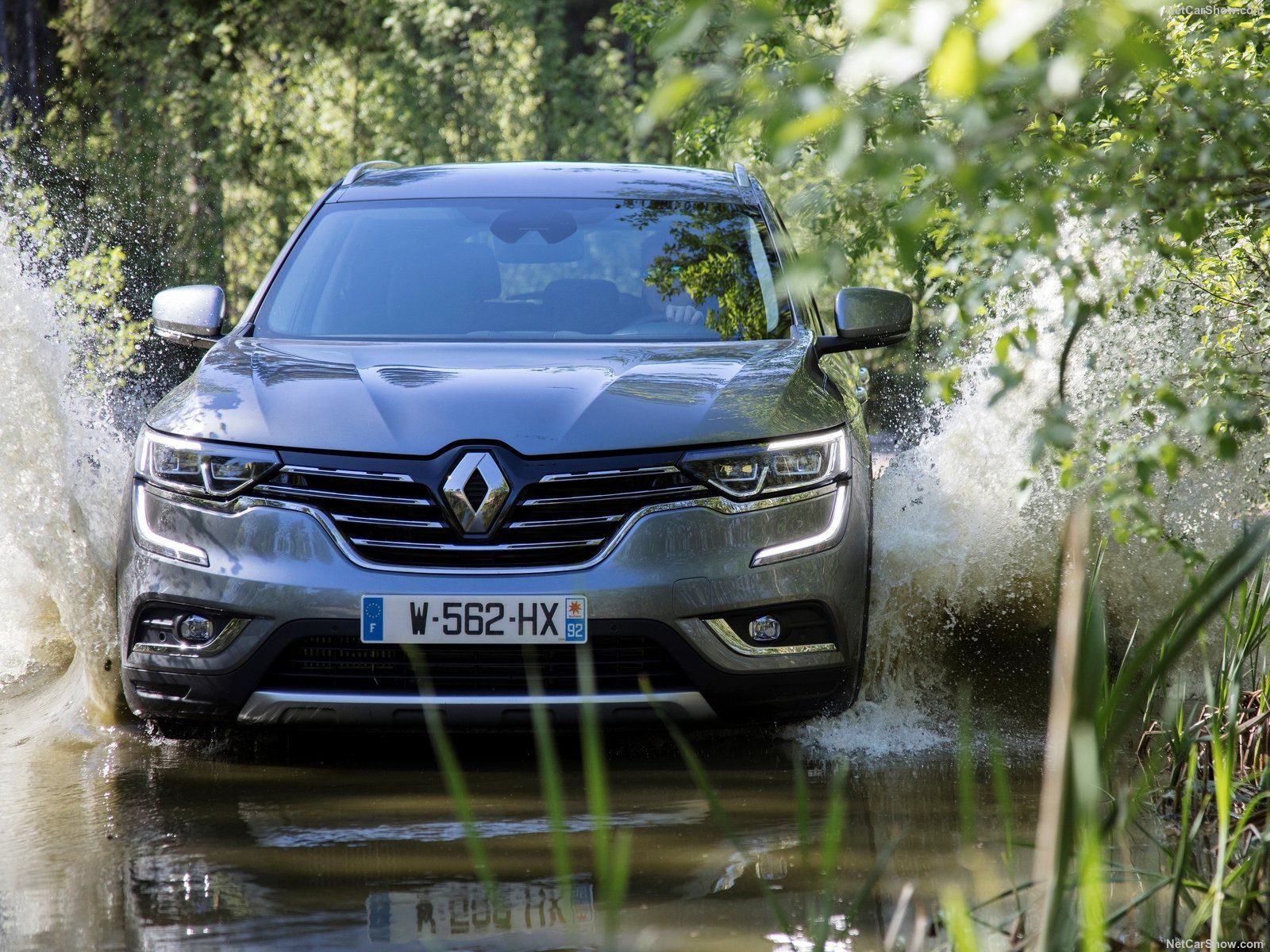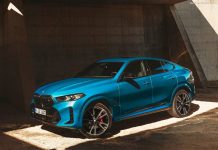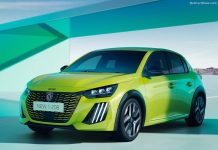Belgium Auto Sales ended the 2017 with a little +1.2% increase over the previous year. Supported by the government incentive, ended in December, the electric vehicles segment grew up in the top 10 in the World. Renault won the race in the car passenger’s.
Belgium economy grew at a slower clip in the second quarter, the third-quarter outlook is brighter. Investment spending has picked up, spurred by low-interest rates and growing domestic demand, and should continue to gather momentum in the second half of the year as reforms passed in July begin to take effect. Survey-based data is also encouraging: Consumer confidence soared in September to its highest level since 2001, bolstered by higher wages and a tightening labor market. Higher wages should translate into stronger consumer spending in H2 as disposable income goes up.
Belgium vehicles market has been very stable in the last years with a positive score reported in the 2016 (+7.7%), when car passenger’s sales overtook the half million, while in the 2017 sales increase was just a little 1.7%, near 550.000. The end of special incentives for electric vehicles will hurt this segment in the 2018, after a rapid growth, but total market outlook is still positive.
According to data released by the Federation Belgie de L’automobile et du cycle, in the first half car passenger’s sales have been 322.788, down 1.2%, before to recover during the second , pushed up by AFVs demand, sustained by the “green incentive”, unfortunately ended in December. Final car passenger’s sales have been 546.539 (+1.2%).
At brand-wise, the battle for the leadership has been amazing with Renault winning on the final line with 50.949 sales (-8.8%) overtaking Volkswagen, which sold 50.461 units (-4.8%).
In third place BMW with 42.176 (+4.8%) followed by Peugeot with 41.865 (+11.4%), Opel with 37.553 (-2.4%), Mercedes with 37.419 units (+11.4%) and Audi with 33.323 (+0.3%).
Tables with sales figures
In the tables below we report sales for all Brands and top 10 Manufacturers Group.











